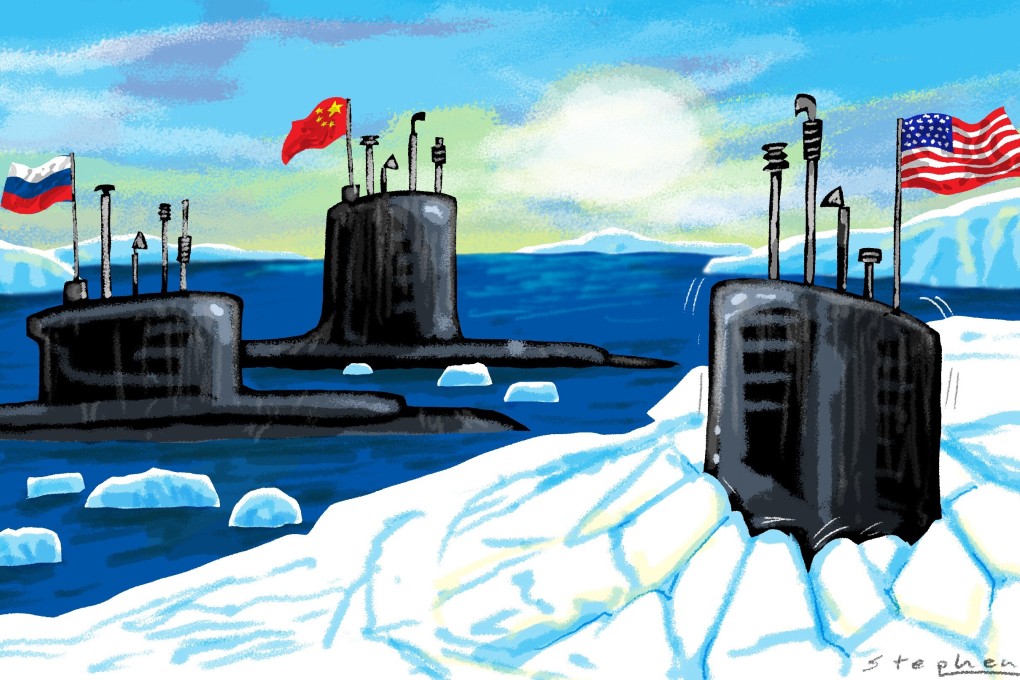Opinion | New kind of cold war as US extends competition with China and Russia to the Arctic
- China and Russia have stepped up activity in the region, with Beijing intensifying diplomatic efforts and self-identifying as a ‘near-Arctic’ nation
- In response, the US has increased flights near Russia’s borders to record levels, reopened its Greenland consulate and set out an updated Arctic strategy

The US Navy recently released its updated Arctic strategy, which calls for a new focus on competition with Russia and China in the region. The document, called “A Blue Arctic”, stresses that, “Without sustained American naval presence and partnerships in the Arctic Region, peace and prosperity will be increasingly challenged by Russia and China, whose interests and values differ dramatically from ours.”
Russia lashed out in August after James DeHart, US coordinator for the Arctic region, called the Arctic “Nato’s northern flank”. The Federation Council called the statement “hostile and provocative”, adding that the US lacks the “strong voice in the Arctic as Russia has”.
This indicates that Russia-US strategic competition has expanded beyond traditional areas of their rivalry. In late July, the US State Department appointed DeHart with an aim to “strengthen the rules-based order in the region”. This contained an unambiguous allusion to China and Russia, both identified as the main US rivals in the Arctic.

02:27
Russia wants to build up its Arctic route with China, its top diplomat to Beijing says
